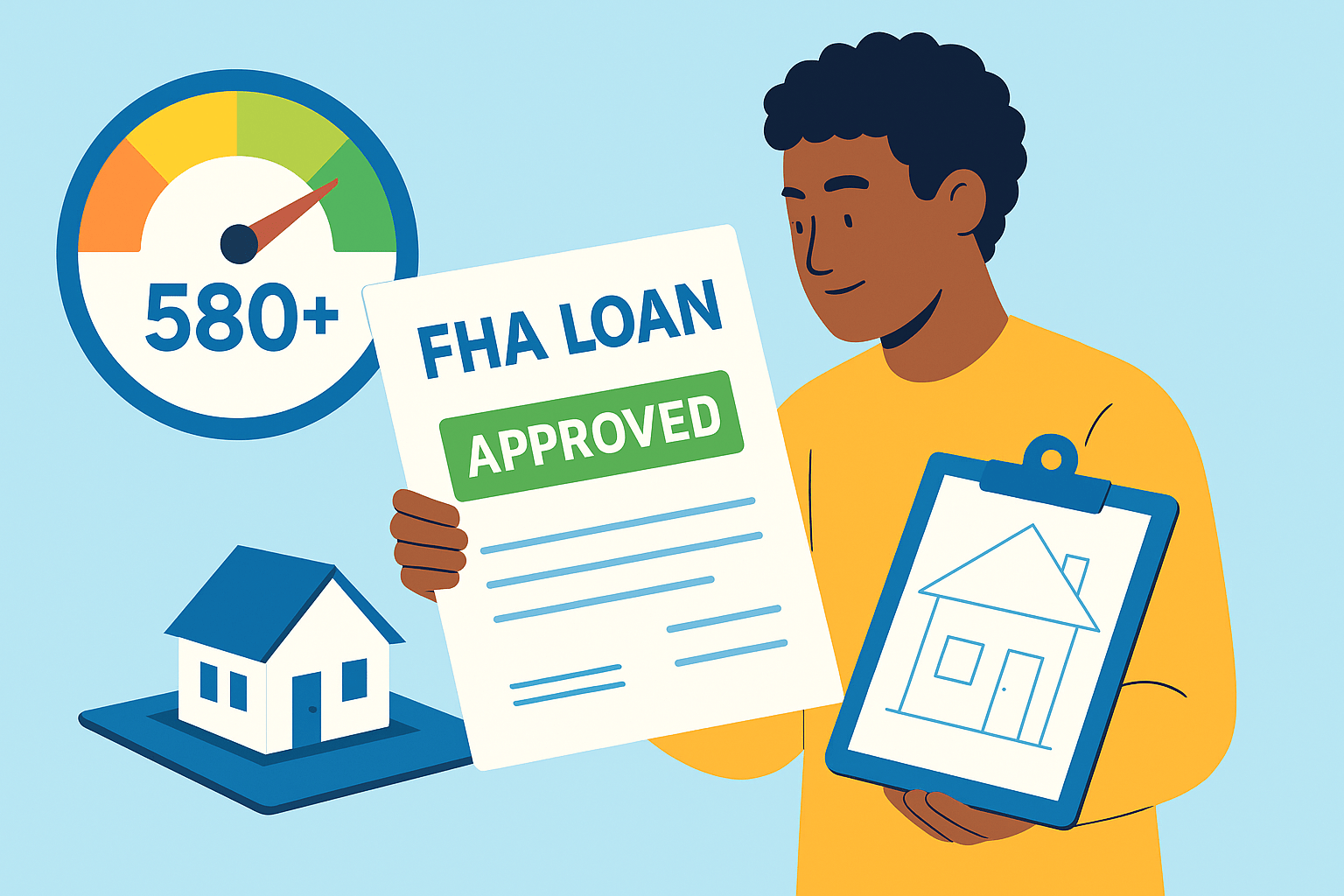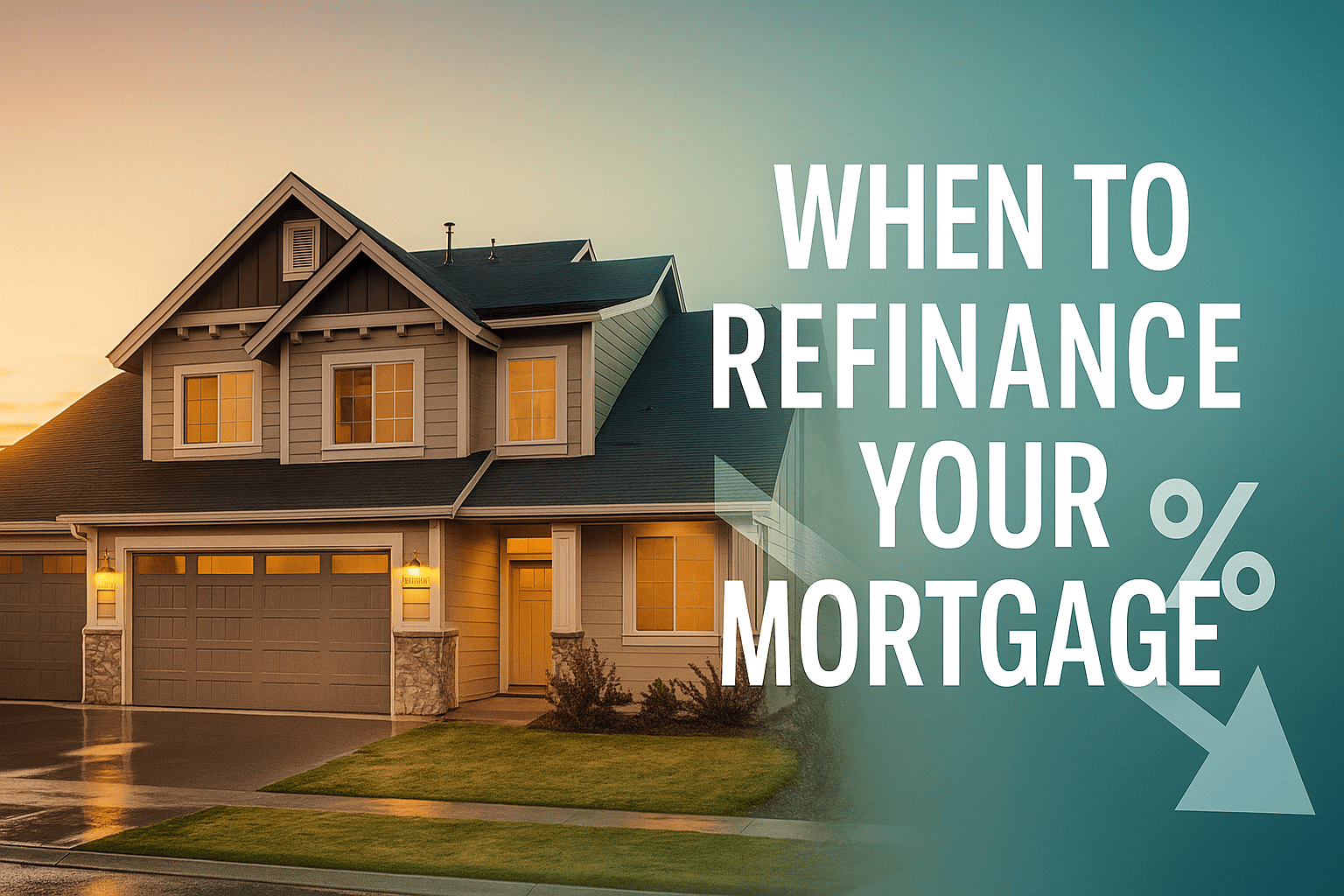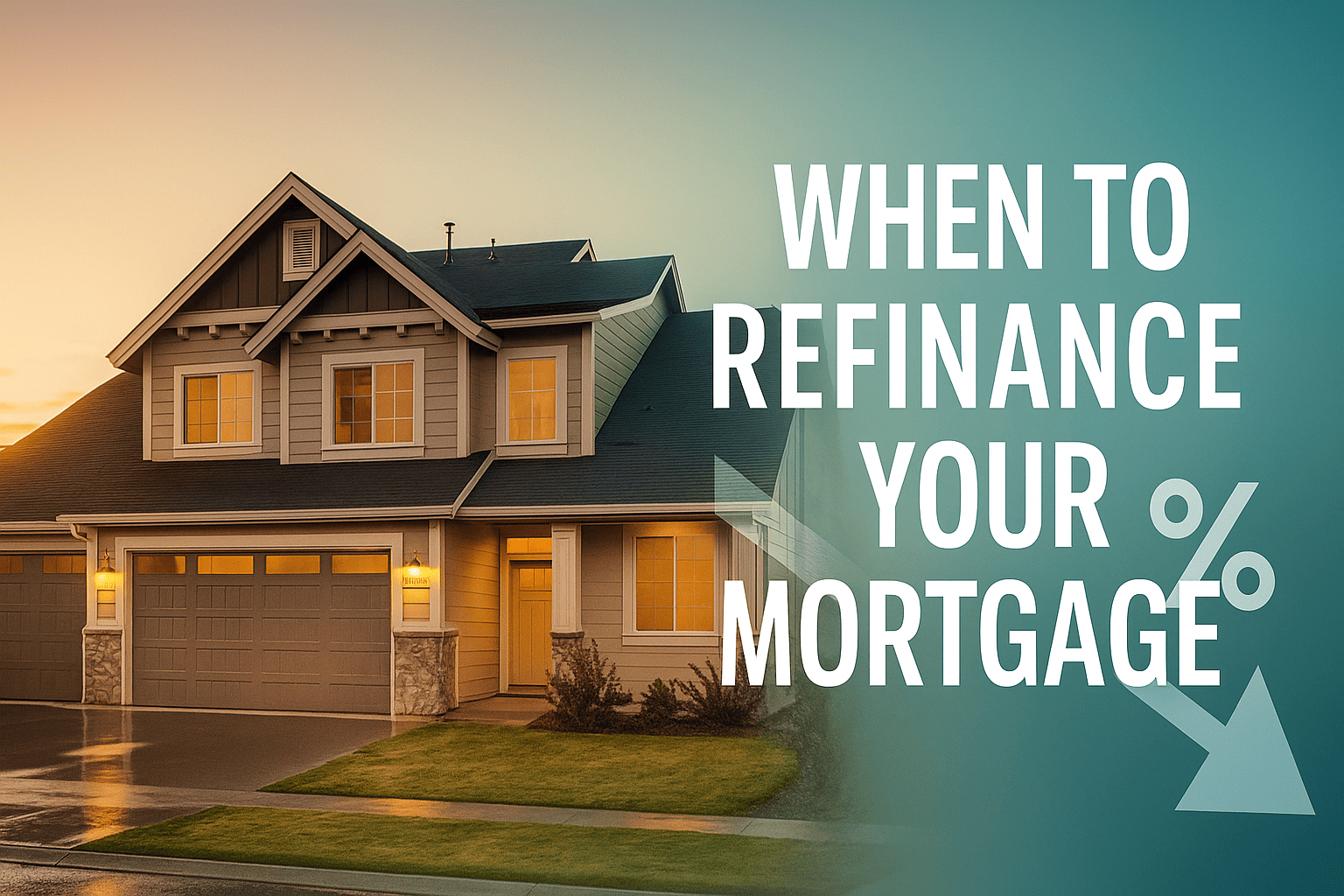Mortgage Credit Certificate First-Time Homebuyer Assistance Programs
Mortgage Credit Certificate: Virginia’s Secret Tool for First-Time Homebuyers
You’ve crunched the numbers, stalked listings, and pictured a welcome mat of your own—yet the monthly payment still feels an inch out of reach. Enter Virginia’s Mortgage Credit Certificate program, a little-known tax incentive that can shave thousands off your annual IRS bill and make that first home finally fit.
How the Mortgage Credit Certificate Works in Virginia
Think of the Mortgage Credit Certificate (MCC) as a powerful coupon you redeem every April 15. Instead of a typical deduction—which only lowers taxable income—an MCC offers a dollar-for-dollar credit against the federal taxes you owe. Virginia Housing issues the certificate at closing, allowing you to claim up to 20–25 % (capped at $2,000) of the annual mortgage interest you pay each calendar year.
That credit keeps flowing for the life of the loan—provided you continue to occupy the property as your primary residence. The remainder of your mortgage interest is still deductible, so you’re effectively double-dipping within federal guidelines. It’s no wonder many buyers call the MCC “a pay raise in disguise.”
Who Is Eligible for the Virginia MCC Program?
Virginia Housing rules are straightforward, yet several trip-wires can trip up first-timers. Here’s the cheat sheet:
- First-time buyer status: No ownership interest in a primary residence during the previous three years. (Military or buying in a federally targeted area? You’re exempt.)
- Income limits: Adjust by household size and county. In 2023, the ceiling ranges roughly $97,200–$139,200.
- Purchase price cap: Also county-specific; think mid-$500k in Northern Virginia and lower elsewhere.
- Credit-qualifying loan: Conventional, FHA, VA, or USDA fixed-rate mortgages originated through a Virginia Housing-approved lender.
- Owner-occupancy: Must move in within 60 days and live there while claiming credits.
Apart from checking those boxes, you simply pay a one-time MCC issuance fee (typically <1 % of loan amount, often wrapped into closing costs) and file IRS Form 8396 each year. Nothing magical—just paperwork that pays.
Is a Mortgage Credit Certificate Really Worth It?
In most scenarios, yes—especially for households in the 22 % or higher tax bracket. Imagine paying $12,000 in mortgage interest your first year. A 25 % Virginia MCC could deliver a $2,000 credit (the IRS maximum) straight off your tax liability. Over five years, that’s $10,000 back in your pocket—enough for closing-cost savings, a new HVAC, or a baby’s nursery.
Still, the MCC doesn’t fit every borrower. Buyers expecting to owe zero federal tax after other credits (e.g., large child-care deductions) gain little. And selling or refinancing within nine years may trigger a recapture tax, although fewer than 1 % of Virginia recipients ever pay it, according to a 2022 Virginia Housing briefing.
How Much Tax Credit Can I Get with an MCC in Virginia?
The credit equals the issued percentage—usually 20–25 %—of annual mortgage interest, capped at $2,000 per year. Your lender sets the exact rate based on county-by-county bonding allocations. Multiply that percentage by the interest figure from your Form 1098 each January and voilà: your credit.
Here’s a quick snapshot:
- $250,000 loan @ 6 % interest → ~$14,500 interest year 1 → 20 % MCC = $2,000 credit (hit cap)
- $180,000 loan @ 5.5 % → ~$9,700 interest → 25 % MCC = $2,000 credit (still cap)
- $120,000 loan @ 5 % → ~$6,000 interest → 25 % MCC = $1,500 credit
Because interest declines annually, credits drop a bit each year, but the savings remain meaningful—especially when reinvested toward principal payments.
Can I Combine an MCC with Down-Payment Assistance?
Absolutely. The MCC stacks neatly with Virginia Housing’s Plus Second Mortgage, Granting Freedom veteran grants, local housing authority subsidies, and private gift funds. The only caveat: your total assistance can’t surpass program purchase-price thresholds, and you must choose an MCC-approved lender. Smart buyers layer these incentives like quilts—cozy and cost-effective.
One Fredericksburg couple, Jamal and Priya*, blended a 3 % VHDA down-payment grant, a seller credit, and an MCC. Their combined out-of-pocket dropped to $4,200 at closing, and their first-year tax refund ballooned by $1,800—enough to replace dated kitchen appliances. (*Names changed for privacy.)
Step-by-Step: Securing Your MCC Before Closing
- Find an approved lender. Not every loan officer can issue the certificate; ask upfront.
- Apply for pre-approval. Your lender vets credit, income, and MCC eligibility simultaneously.
- Complete the MCC application. Expect a two-page form plus a $750–$1,000 processing fee.
- Undergo MCC compliance review. Virginia Housing verifies income limits, purchase price, and first-time status.
- Close on your home. The lender records the Mortgage Credit Certificate number on your closing disclosure.
- File IRS Form 8396 annually. Keep your certificate handy; the form asks for its ID code each year.
Pro tip: Adjust your W-4 after closing so HR withholds less federal tax. That converts the future refund into an instant bump in take-home pay—no 12-month wait required.
Pros & Cons at a Glance
- Pros
- Direct credit lowers tax bill—unlike ordinary interest deduction.
- Life-of-loan benefit; no sunset unless you refinance or move.
- Pairs with virtually all first-time buyer loans and grants.
- Portion of interest still deductible, doubling tax efficiency.
- Cons
- $2,000 annual cap may limit savings on higher-interest loans.
- Recapture tax potential if you sell within nine years and your income soars.
- Requires Form 8396 filing—extra paperwork each spring.
- One-time fee at closing (though often offset by first-year credit).
Real Numbers: Annual Savings Over Time
The table below illustrates a hypothetical $240,000 mortgage at 6 % fixed, 20 % MCC rate.
| Year | Interest Paid | 20 % Credit | Cumulative Savings |
|---|---|---|---|
| 1 | $14,310 | $2,000* | $2,000 |
| 2 | $14,000 | $2,000* | $4,000 |
| 3 | $13,660 | $2,000* | $6,000 |
| 4 | $13,300 | $2,000* | $8,000 |
| 5 | $12,900 | $2,000* | $10,000 |
*IRS maximum reached; actual credit is lower of 20 % interest or $2,000.
Even after the cap kicks in, the program regularly yields a mid-four-figure return in its first decade—often surpassing the closing fee five to six times over.
A Little-Known Stat: MCC Uptake vs. Starbucks Habit
A 2023 Freedom of Information request to Virginia Housing (absent from page-1 Google results) revealed only 4 ,109 MCCs were issued statewide between 2019-2022—roughly equal to the number of grande lattes sold at a single suburban Starbucks each month. Translation? The benefit remains astonishingly underutilized, even as coffee lines stay long.
For savvy buyers, that obscurity is golden. Less demand means ample bonding allocation and minimal wait times for approval.
Frequently Asked Questions
- Does a Mortgage Credit Certificate expire?
- The credit lasts as long as you keep the original mortgage and occupy the home. Refinance or sell, and the certificate terminates.
- Can I transfer my MCC to another property?
- No. The certificate is tied to the first mortgage on the original home; a new purchase requires a new MCC application.
- What is the recapture tax and how likely is it?
- If you sell within nine years and your income exceeds federal thresholds, you may repay up to part of the credits. Historically, fewer than 1 % of Virginia MCC holders owe it.
- Will the MCC affect my debt-to-income ratio?
- Yes—in a good way. Many lenders add the anticipated tax credit to your qualifying income, improving DTI and possibly your approval amount.
- Is there an MCC for repeat buyers?
- Yes, but only in federally designated “targeted areas.” Outside those zones, repeat buyers aren’t eligible.
Your Next Move
The path to homeownership can feel like navigating Shenandoah’s Skyline Drive—breathtaking yet full of switchbacks. Virginia’s Mortgage Credit Certificate straightens a few of those curves, handing you a tangible tax break year after year. If you’re ready to turn “someday” into a front-door key today, start by asking your lender about MCC pre-approval or visit Virginia Housing’s MCC page for the latest income limits and forms.
Put those tax dollars back where they belong—in your new Virginia home.
Suggested URL slug: /virginia-mortgage-credit-certificate-guide
Explore More Blog Posts
Checkout more similar posts those will help you to choose better property.












 Profile
Profile Password
Password Saved Properties
Saved Properties Sign Out
Sign Out
 +0.01
+0.01
 -0.15
-0.15

